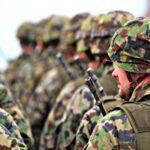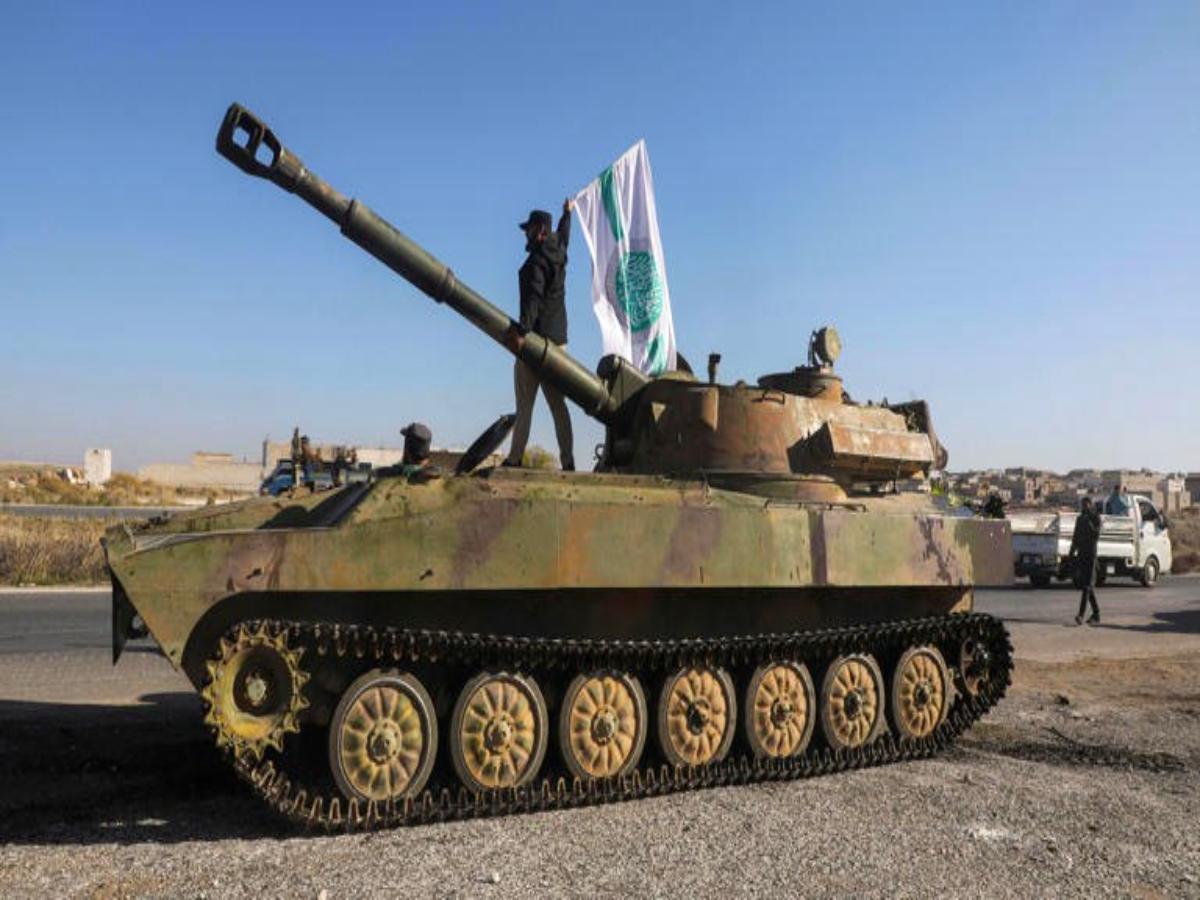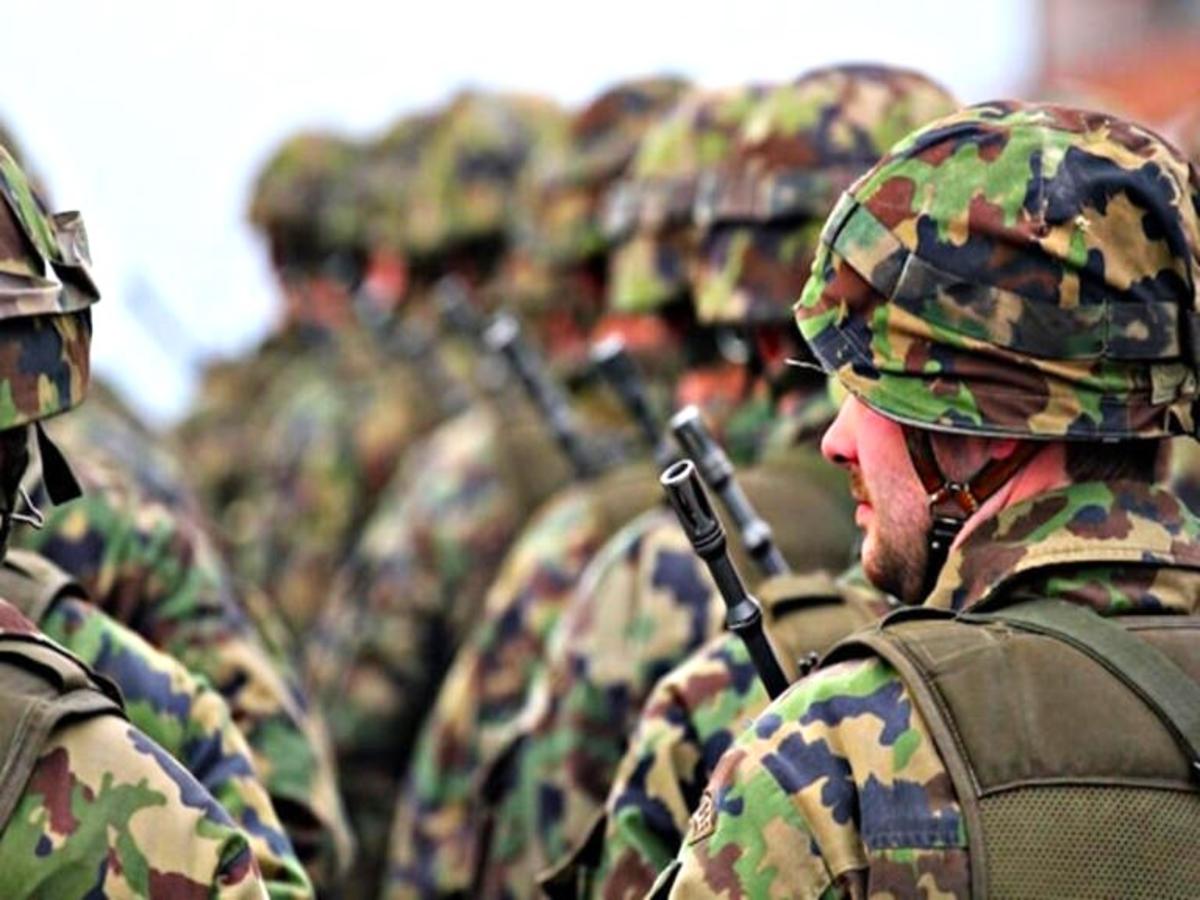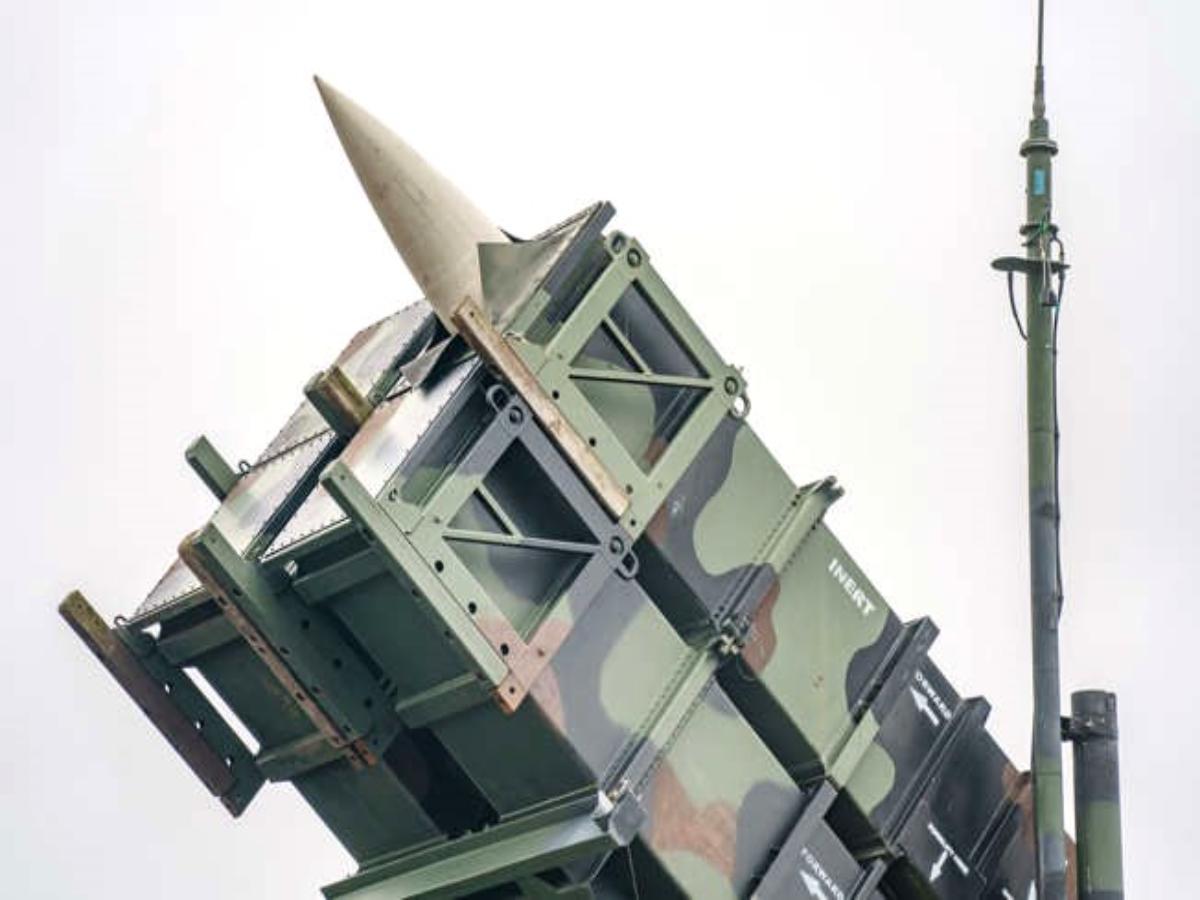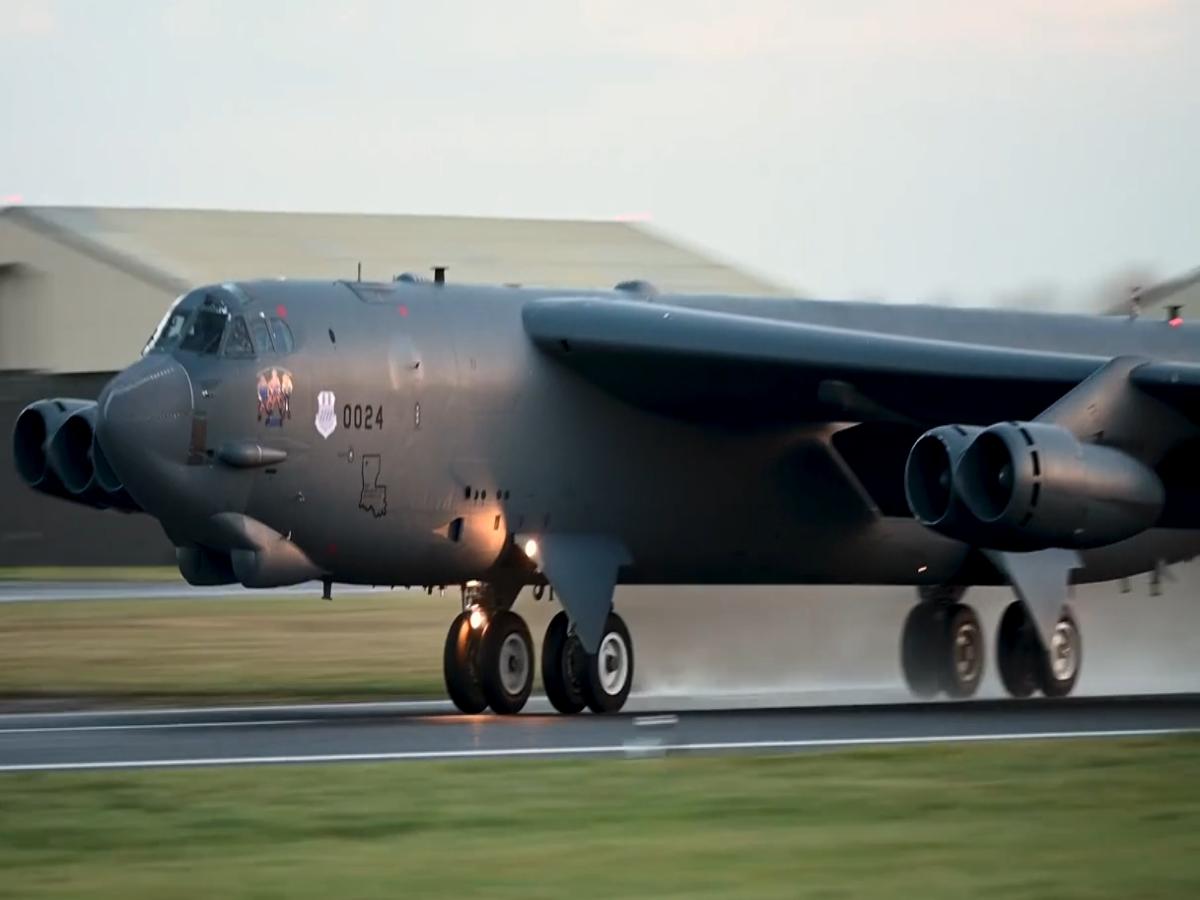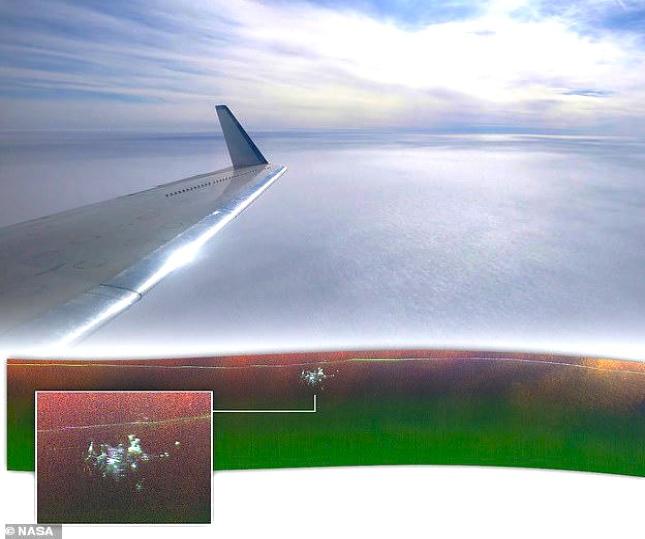
Captivate Your Audience with Engaging Digital Media Creations
Empowering brands with captivating digital experiences through innovative video production, graphic design, and social media content creation.
What’s Unfolding in North:
Rebel forces have launched their biggest attack on the Syrian government in years. They have taken control of large areas in the northwest, including most of Aleppo, Syria’s second-largest city, after the government’s troops quickly retreated. The rebels are now fighting near Hama, while Russia, a key ally of the government, is carrying out airstrikes against them.
Why is there a war in Syria?
In 2011, a peaceful protest calling for democracy turned into a full-blown civil war after a violent crackdown by Syrian President Bashar al-Assad’s government. This war has caused massive destruction, killing over 500,000 people and displacing 12 million. Out of these, about 5 million are living as refugees abroad.
Before this latest offensive, the war seemed to be winding down, with Assad regaining much of the country’s territory through the support of Russia, Iran, and allied militias. However, significant areas remain beyond government control, including northern and eastern regions held by Kurdish-led groups supported by the U.S.
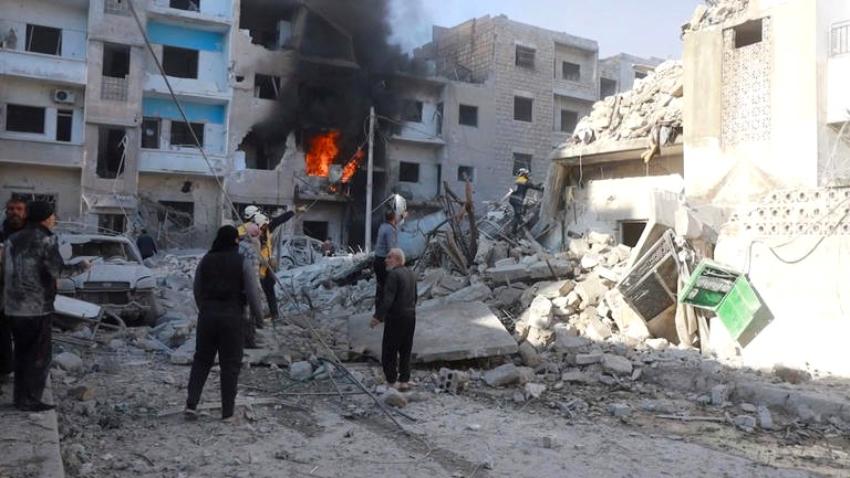
The rebels’ last major stronghold is in northwestern Syria, specifically in Aleppo and Idlib provinces, bordering Turkey. These areas are home to over 4 million people, many of whom are displaced.
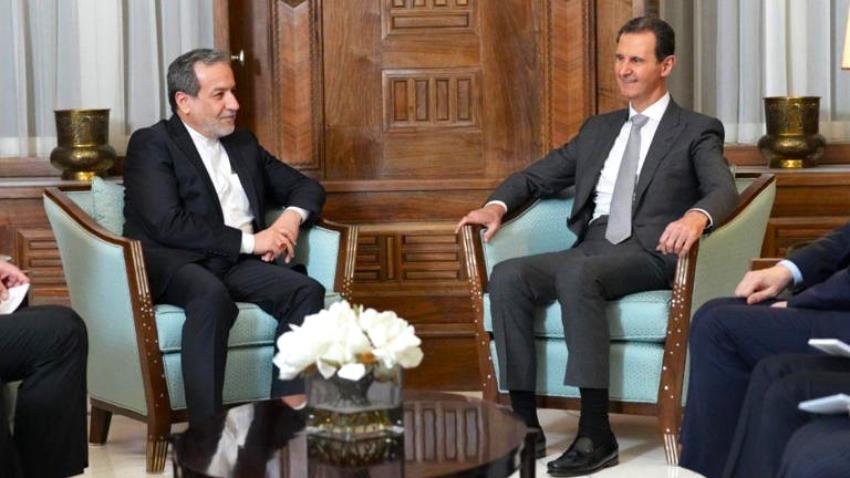
Who controls northwestern Syria?
The northwest is mainly controlled by the Islamist group Hayat Tahrir al-Sham (HTS), alongside Turkish-backed rebel groups known as the Syrian National Army (SNA), supported by Turkish forces.
What is Hayat Tahrir al-Sham (HTS)?
HTS began in 2012 as the al-Nusra Front, an affiliate of al-Qaeda. Known for being a highly effective and dangerous group fighting against Assad, it was driven more by jihadist ideology than revolutionary goals. In 2016, it broke ties with al-Qaeda and rebranded itself as Hayat Tahrir al-Sham. However, it is still considered an al-Qaeda affiliate by the UN, U.S., UK, and others.
HTS has since consolidated its control in Idlib and Aleppo by defeating rivals, including Islamic State (IS) cells. It has also established the Syrian Salvation Government to manage the territory. HTS aims to overthrow Assad and implement Islamic governance. While it had shown little interest in reigniting the war on a large scale, this new offensive suggests a shift in strategy.
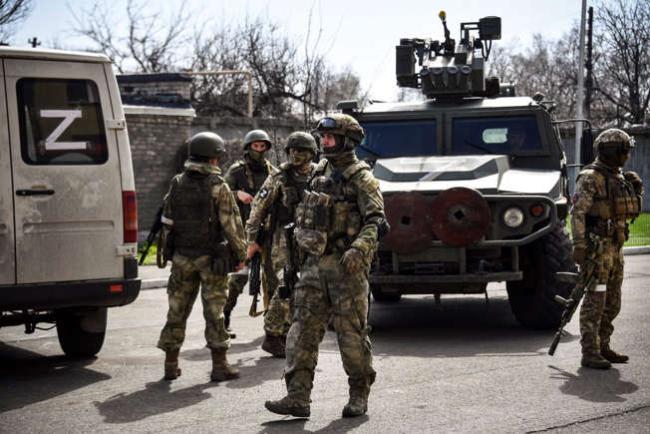
Why did the rebels start their offensive?
For years, Idlib was a key battleground as the Syrian government tried to take it back. However, a ceasefire brokered by Turkey and Russia in 2020 temporarily stopped the fighting, though clashes continued occasionally.
Recently, tensions rose again. The UN special envoy for Syria reported that HTS carried out a major attack on government-held areas, Russia restarted airstrikes, and government forces intensified drone strikes and shelling.
On Wednesday, HTS and allied groups launched an offensive, claiming it was to “deter aggression” and accusing the government and Iranian-backed militias of escalating violence in the northwest.
This offensive happened when the Syrian government and its allies were distracted. Hezbollah, a key supporter of Assad in the early war years, has been weakened by Israeli attacks in Lebanon. Israeli strikes have also killed Iranian commanders in Syria and disrupted supply lines to pro-government forces. Meanwhile, Russia’s focus has shifted to the war in Ukraine, leaving Assad’s forces more vulnerable.
How did the government and its allies respond?
President Assad vowed to crush the rebels, calling them “terrorists.” In a call with Iran’s President Massoud Pezeshkian, Assad blamed the offensive on Western countries, accusing them of trying to “redraw the map” of the region.
Pezeshkian reaffirmed Iran’s strong support for Syria, saying it was committed to protecting the country’s sovereignty and unity.
Russia also condemned the attacks, with Kremlin spokesman Dmitry Peskov describing the situation as an assault on Syrian sovereignty. He stated that Russia supports the Syrian government in restoring order and constitutional control in the region as quickly as possible.
What are Western powers and Turkey saying?
The US, UK, France, and Germany, who oppose Assad, released a joint statement on Monday. They urged all sides to reduce violence, protect civilians, and prevent further displacement or disruption of humanitarian aid.
They also emphasized the need for a “Syrian-led political solution” to the conflict, following a 2015 UN Security Council resolution.
On Saturday, Sean Savett, a spokesperson for the White House National Security Council, blamed Assad’s reliance on Russia and Iran and his refusal to participate in political talks for the current situation. He clarified that the United States is not involved in the rebel offensive.
Turkey’s Foreign Minister, Hakan Fidan, dismissed claims of foreign interference and urged the Syrian government to reconcile with its people and the legitimate opposition.






